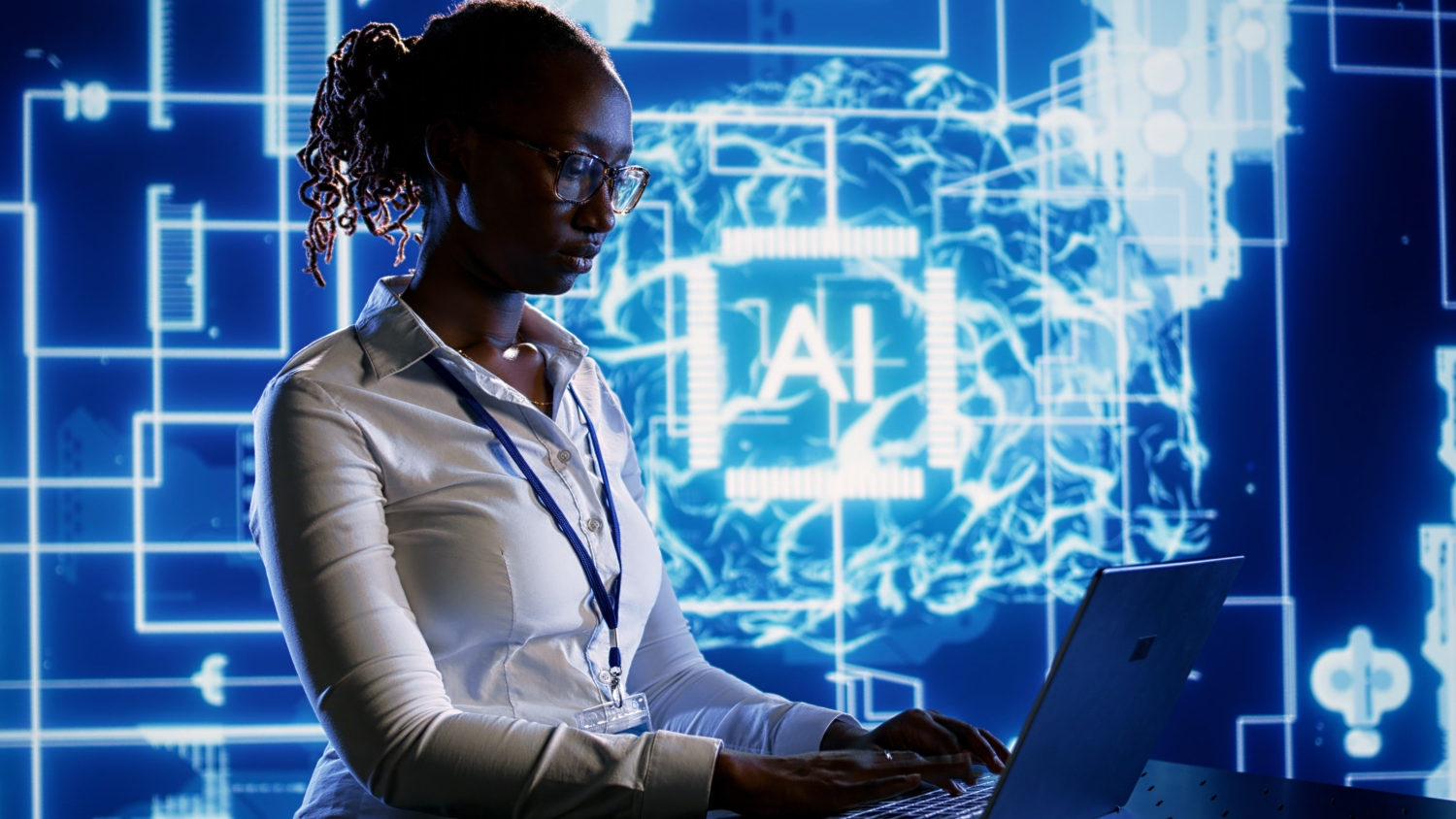
AI in the Legal World
AI Safety and the Law: When Technology Gets It Wrong
Artificial Intelligence (AI) is changing how the world works. It assists doctors in reading scans, powers self-driving vehicles, manages finances, and helps businesses make decisions in seconds. The potential benefits are enormous, increase defficiency, fewer errors, and new possibilities for innovation.
But as AI becomes more advanced and more independent, it also introduces new risks. What happens when an AI system makes a decision that causes harm? When it misidentifies a person, recommends the wrong treatment, or fails to stop a vehicle in time?
These questions fall under a growing field known as AI safety; the effort to ensure that artificial intelligence systems act predictably, responsibly, and in ways that align with human values. While engineers and researchers focus on building safer systems, the legal world faces a different challenge: determining who is accountable when technology makes a mistake.
The Legal System Meets Artificial Intelligence
The rise of AI has created entirely new legal dilemmas. Traditional laws were built on the assumption that humans make decisions. But AI systems can act autonomously analyzing information, making predictions, and taking action without direct human input.
That independence complicates long-standing legal principles like negligence, liability, and duty of care.
If a human driver causes a car accident, responsibility is clear. But if a self-driving vehicle makes a wrong decision, the fault may not be. Is it the manufacturer? The software developer? The company testing the technology? The operator sitting behind the wheel? Each case pushes the law into new territory.
AI-related issues are already showing up in courtrooms:
- Self-driving car accidents have raised questions about product safety and corporate responsibility.
- Medical AI tools that misdiagnose patients are challenging how we define professional negligence.
- Automated hiring or policing algorithms are being examined for bias and discrimination.
Each example forces courts to ask the same question: can laws written for humans apply when machines are the ones making decisions?
Accountability in an Automated World
AI doesn’t make decisions with intent, emotion, or judgment, yet its choices can have serious human consequences. That’s why legal accountability is so important. When technology fails, people deserve protection, transparency, and a path to justice.
The challenge for lawmakers and attorneys is not to slow progress, but to make sure that innovation and responsibility evolve together. New legal frameworks will need to define:
- How liability is shared among AI developers, operators, and users
- What standards of safety and testing should apply before deployment
- How data privacy and bias are monitored to prevent harm
These questions will shape not only the future of technology but also the meaning of justice in an increasingly digital world.
When AI Gets It Wrong: A Real-World Example
In 2018, an autonomous vehicle being tested on public roads in Arizona failed to recognize a pedestrian crossing at night. The car didn’t stop. The incident resulted in the first known pedestrian death caused by a self-driving vehicle.
The aftermath illustrated how unprepared the legal system still is for AI-related accidents. Investigators and courts had to determine who, or what, was at fault: the software, the safety driver, or the company operating the vehicle. The case marked a turning point, forcing regulators and legal professionals to confront how quickly AI is advancing and how slowly accountability measures have followed.
Looking Ahead
Artificial Intelligence is here to stay, and its influence will only grow. It holds the power to make society safer, more efficient, and more connected, but only if it’s developed and governed responsibly.
At Ryan, Miller & Coburn, we believe the law has a critical role to play in balancing innovation with protection. Technology may evolve rapidly, but justice, fairness, and accountability must remain constant.
Because when technology gets it wrong, people still deserve someone to make it right.


